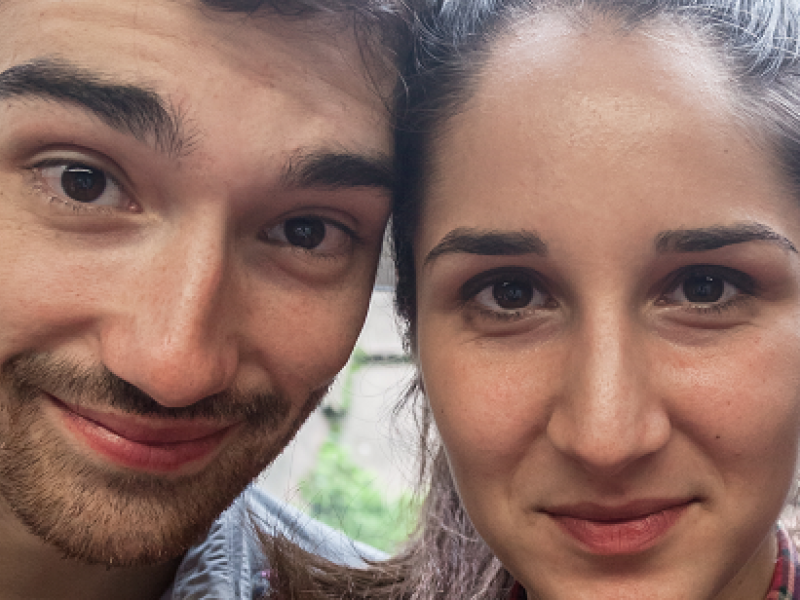A co-designed initiative is helping young people experiencing mental health and wellbeing concerns settle into Mind’s youth residential support services more effectively.
Two years ago, staff from the Mind Youth Residential Rehabilitation program noticed that new participants often struggled with orientation into the service, becoming overwhelmed by the amount of paperwork and printed resources.
This meant that young people, often in crisis and needing support, were not effectively oriented to start accessing the help that they needed.
To address this challenge Mind mental health practitioners and Youth Residential Rehabilitation residents worked together to co-design a solution.
Co-design - a key requirement of Mind’s Lived Experience Strategy – involves clients and supporters, practitioners and leaders as equal partners in decision-making. Rather than being a source of information, participants collaborate to define and direct a project. This was a great example of a situation in which clients’ own experiences were the best guide on what was likely to work best.
Together, they came up with the idea of the Buddy Program. This supports new residents by pairing them with a buddy resident to help them settle into the service.
The buddy resident shares their knowledge and experience of the Youth Residential Rehabilitation program, and is supported by Mind staff through training, suggested talking points and learning resources.
Anoushka Wootton, Mind’s Youth Practice Stream Lead, said the Buddy Program had provided benefits for both new and existing Youth Residential Rehabilitation participants.
“New residents are able to draw on existing resident’s lived experience, creativity, knowledge and wisdom to guide them as they enter a new environment, which can be unsettling for anyone,” Ms Wootton said.
“New residents feel less intimidated and they are in a position to learn more, build skills and relationships sooner because of their buddy.
“Likewise, buddies have felt empowered by the opportunity to share their lived experience and learnings, and they have gained a sense of pride and purpose that has helped them on their own mental health recovery journeys.”
Mind Research and Evaluation Manager Dr Laura Hayes said clients who participated in the co-design development of the Buddy Program had also benefited from the experience.
“Participants who helped co-design the Buddy Program reported increased confidence, reduced stigma, and that the process had helped them build and improve relationships with Mind staff and other participants,” Dr Hayes said.
Dr Laura Hayes, Dr Nicky Guerin, Amanda Johnson, Tyson Rees, Leanna Azoury, Tamara Cikaitoga, Raquel McDonald and Anoushka Wootton recently presented on the Buddy Program at the Child and Adolescent Mental Health conference 2022.
About Youth Residential Rehabilitation
Mind’s Youth Residential Rehabilitation service provides young people experiencing mental health and wellbeing challenges with trauma-informed psychosocial supports in a residential setting for up to 12 months.
This service provides intensive individual and group-based support in a safe, home-like environment that promotes resilience, interpersonal skills, life skills and great sense of being able to make sound decisions, including health lifestyle choices.
Psychosocial supports – like the kind provided by Mind Australia – help people with mental health and wellbeing issues manage daily activities, rebuild and maintain connections, engage with education and employment, and participate fully in the community. These are supports which help people take positive steps in their recovery journey.
If this article raises concerns for you, please call Lifeline on 13 11 14. Aboriginal and Torres Strait Islanders can also call 13 YARN (13 92 76) a 24/7 national crisis support telephone service staffed by Aboriginal and Torres Strait Islander peoples.
